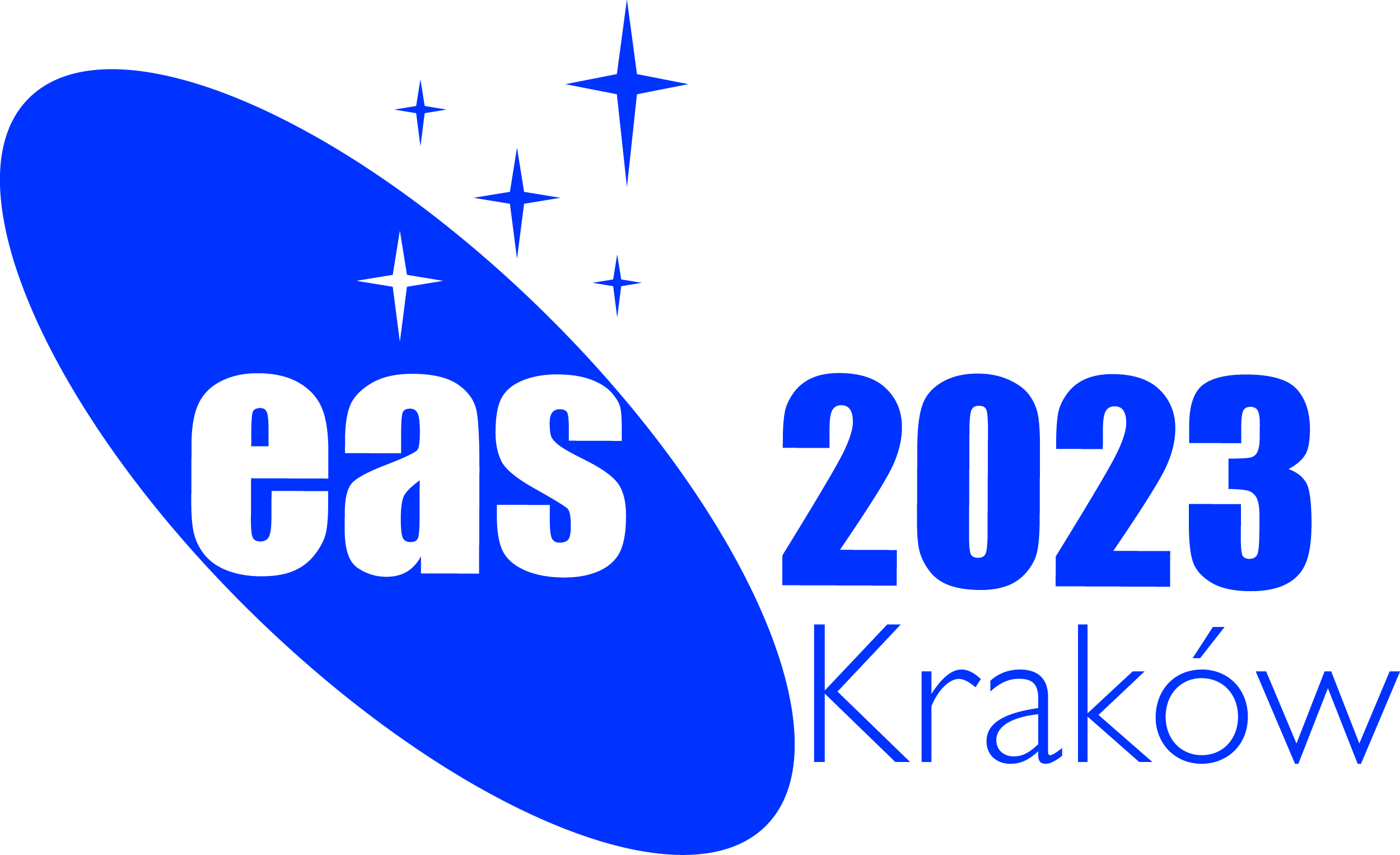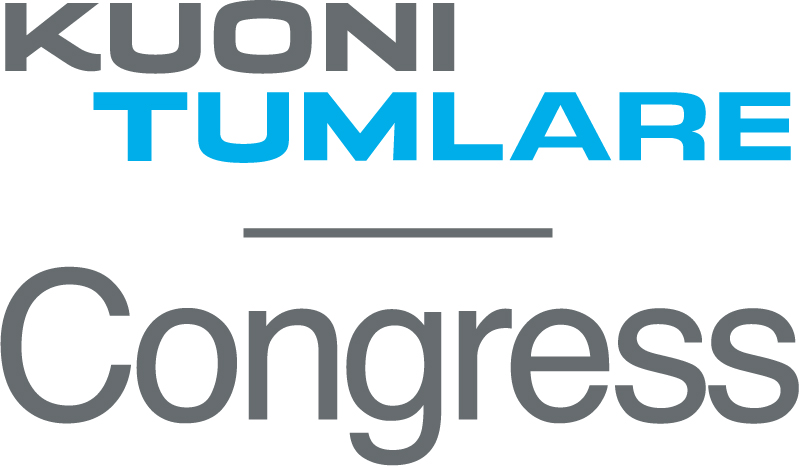Special Session SS30
11 July 2023
Software and Toolkits for the Lifetime of a Survey and Beyond: Computational Workflows from Observations to Legacy Archives
Aims and scope
Knowledge discovery in modern astronomy is highly dependent on computation and software. This era of data-intensive astronomy spans the electromagnetic spectrum, and is built upon immense current and future surveys such as ZTF, SKA, Rubin, Roman, and many more.
A broad variety of computational infrastructure support these surveys, serving purposes that cover the lifetime of a project. Large data stores record the captured light, efficient query mechanisms allow for rapid data filtering, and catalogs initially designed to be standalone are being aligned to support multi-messenger associations. Computational pipelines clean, aggregate, and process data to address precise scientific questions. Toolkits support machine learning at scale, spanning a variety of algorithms and architectures. Visualization packages aid in verifying results and explaining new discoveries. And across all of these processes, the background infrastructure of operating systems and hardware constantly changes, necessitating active maintenance and support.
Programme
We envision this session to include dedicated blocks for all phases of computational infrastructure, including talks on databases for storage and querying, data processing codes, machine learning, visualization, and ongoing legacy support. Time that remains will be allocated to community discussion of the ongoing challenges and hurdles that remain to be addressed to support the future of data-intensive astronomy.
Due to the breadth of potential contributions to this topic, we intend to host invited talks, permit authors to present submitted works and posters, and foster a space for discussion. We aim to both inform newcomers of the present status and ongoing developments in the field, as well as to provide a forum for experts to discuss fresh challenges and address current limitations.
Invited speakers
- Jeremy Sanders, Max-planck-institut für extraterrestrische Physik
- Mahdi Zamani, European Space Agency
Scientific organisers
- John Wenskovitch, Virginia Tech, PNNL
- Amruta Jaodand, Caltech
- Alice Allen, ASCL
- Michael Zingale, Stony Brook University
- Robert Nemiroff, Michigan Technological University, ASCL
- Ivan Valtchanov, ESA
Contact
John Wenskovitch: johnwenskovitch @ gmail.com
Updated on Mon Jul 10 20:35:30 CEST 2023
|

 A power cut will shut down all EAS services on Tuesday, 10 January 2017 starting at 7:30 CET.
A power cut will shut down all EAS services on Tuesday, 10 January 2017 starting at 7:30 CET.


